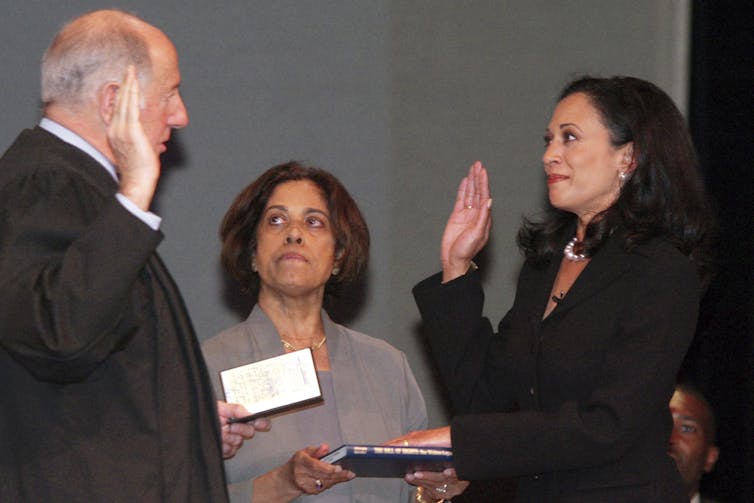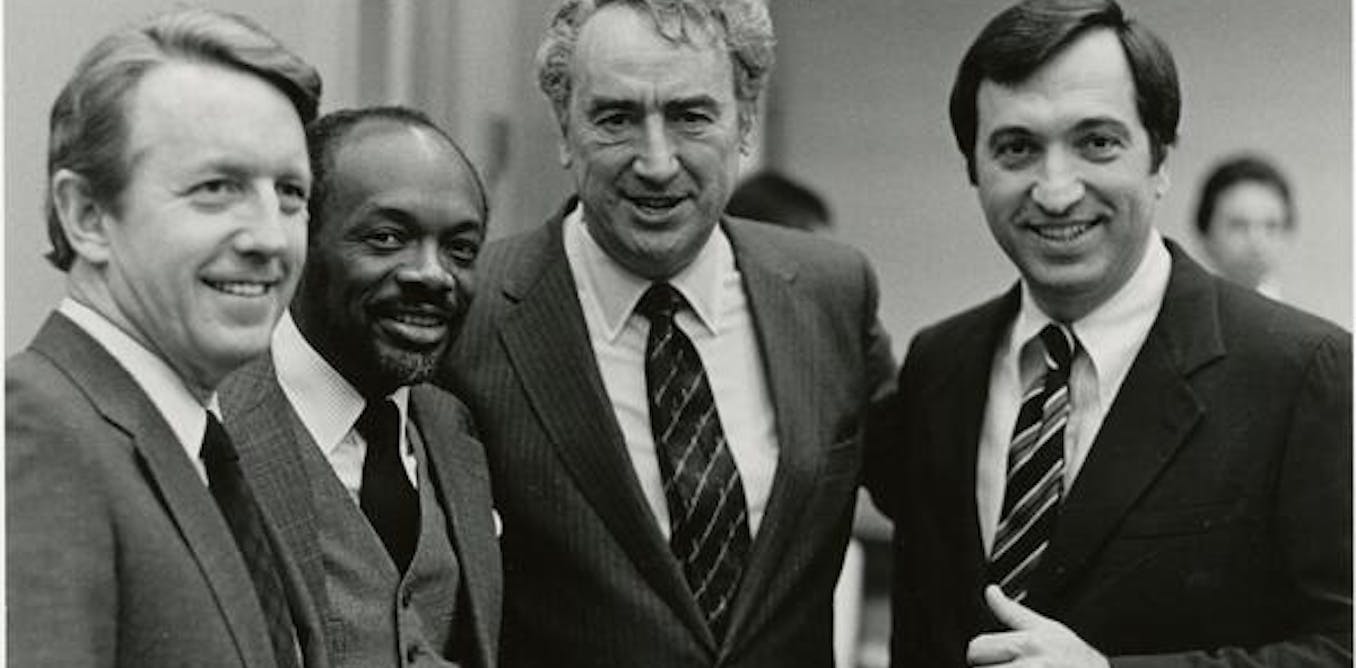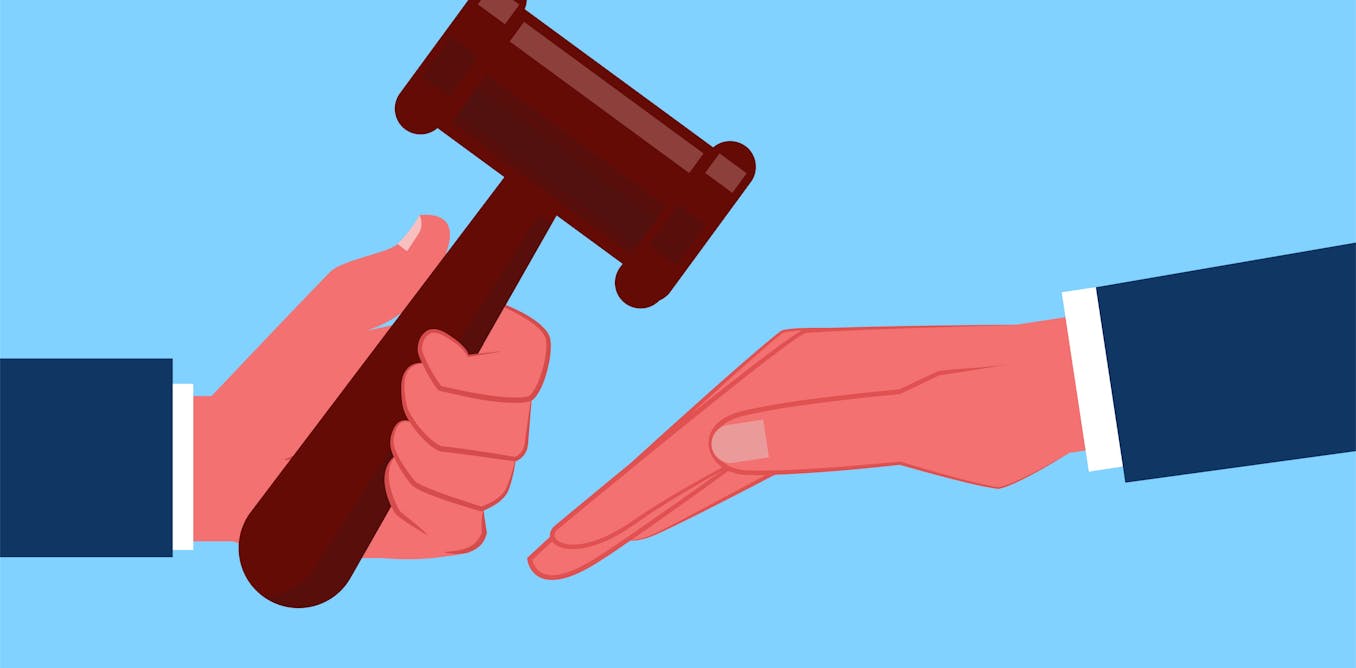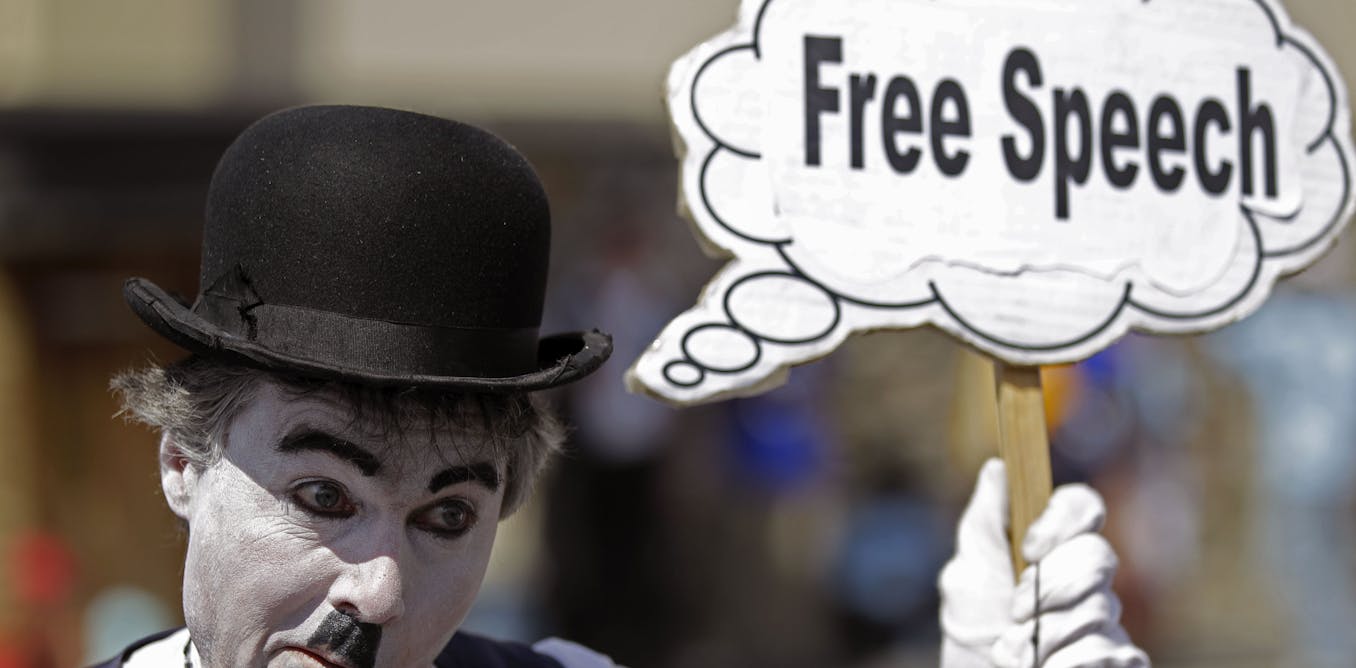The political earthquake that has made Kamala Harris the Democratic Party’s nominee for president is a San Francisco story that began more than 60 years ago.
The cast of characters includes a chain-smoking, hard-drinking and profane political mastermind; a Polish Jewish activist who fled the Nazis and later became a member of Congress; a Black lawyer and civil rights activist from rural Texas; and the scion of a powerful political family who moved to San Francisco when she got married and made it to Congress in substantial part due to a deathbed endorsement from the refugee-turned-congresswoman.
Harris, whose first foray into electoral politics was in 2003 when she won a tough race for district attorney in San Francisco, and Nancy Pelosi, the longtime San Francisco congresswoman who was instrumental in persuading Joe Biden not to seek reelection, can both trace their political origins and their brand of liberal politics to the 1963 mayoral election in San Francisco.
The two major candidates in that race were the Republican, Harold Dobbs, and the Democrat, Jack Shelley. Shelley had served in Congress since 1949, had strong ties to organized labor and was seeking to become San Francisco’s first Democratic mayor in over half a century.
Dobbs was an affable businessman and one of the owners of a popular diner chain known as Mel’s Drive-In. In the days just before the election, there was a demonstration outside of a Mel’s Drive-In location in San Francisco because of the chain’s refusal to hire African Americans in customer-facing positions, such as waiters or waitresses. The young civil rights attorney who expertly organized that boycott and therefore helped deliver the election to Shelley was Willie Brown.
Shelley won the election, and that’s when the pieces started to fall into place that paved the way for, six decades later, Harris having the presidency within her reach.
Birth of a legacy
In an early 1964 special election, California Assemblyman Phil Burton, from San Francisco, won Shelly’s old seat in Congress. That’s where Burton’s reputation for profanity, drinking and political genius would grow for almost 20 years. Whether it was redistricting, candidate recruitment, messaging or campaign strategy, Burton was a mastermind.
In 1960, his brother John introduced Phil to a handsome, young and progressive Italian American attorney who had been an all-city basketball player interested in getting into politics. Phil Burton recognized the young man’s potential and told him to run for the California Assembly in 1960, and that although he would inevitably lose, the name recognition and reputation he would gain would position him to run for the city’s Board of Supervisors, San Francisco’s equivalent of the city council, a few years later.
The plan worked brilliantly, as George Moscone was elected to the Board of Supervisors in 1963, the state Senate in 1966, where he became majority leader in 1967 and eventually mayor of San Francisco in 1975.
AP Photo/Jim Palmer
Burton was able to help place people like Moscone into powerful political positions because he could deliver organized labor, raise money and ensure redistricting that would draw friendly lines for his allies.
Shortly after Phil Burton got elected to Congress, Phil’s brother John won Phil’s old California Assembly seat in another special election. The Burton brothers then had enough power to put together a formidable political operation in San Francisco – one whose impact is playing out on the national stage today.
A generation of powerful Bay Area politicians, including former U.S. Sen. Barbara Boxer, former U.S. Rep. George Miller, Moscone and others were part of the Burton political operation and benefited from its support.
In Congress, Phil Burton fought tirelessly for progressive causes. His most famous achievement may have been helping to create the 80,000-acre Golden Gate National Recreation Area that includes parts of Marin County and San Francisco.
The machine matures
The next thing the Burton brothers did after the 1963 election was to back Willie Brown in a Democratic primary later in 1964, in a different state Assembly district, against incumbent Democratic Assemblyman Ed Gaffney.
Brown won that primary and the subsequent general election and would hold onto that seat until he was elected mayor of San Francisco in 1995. For the final 15 years he was in the Assembly, Brown was the speaker of that body, becoming what one California politics journal called “the most powerful Black politician in the country in the 1980s and ‘90s.”
Phil Burton would serve in the House of Representatives until his death in 1983, and come within one vote of becoming House Majority Leader in 1976. Upon Burton’s death, his seat in Congress was taken by his widow, Sala Burton, a Jewish woman who had fled Poland and made her way to San Francisco in the late 1930s.
Four years later, in 1987, Brown was at the height of his powers in Sacramento. He was able to send money to embattled Democratic incumbents to ensure his majority in the Assembly until the 1994 election – and stop the more extreme plans of Republican governors. John Burton, after spending a decade in the state Assembly and another decade in Congress, was out of office and addressing some personal problems. Sala Burton was dying of colon cancer.
It is a San Francisco legend that everybody in politics wanted to know who Sala Burton and her brother-in-law John wanted to run for her seat – which was still seen as Phil Burton’s seat – because whichever candidate had the support of the Burton political operation was almost sure to win.
A deathbed anointment
Sala made it clear that she wanted “Nancy.”
Many, including John Burton, assumed she meant Nancy Walker, a member of the San Francisco Board of Supervisors.
Sala Burton had another Nancy in mind: a political insider and longtime ally of the Burtons who had never run for office but was well known for both her political savvy and her ability to raise money.
By 1987, the youngest of Nancy Pelosi’s five children had graduated from high school, so Pelosi was ready to run for office. With the backing of the Burtons, who had allies and supporters throughout San Francisco, Pelosi won that 1987 special election, defeating Supervisor Harry Britt. Pelosi has been reelected every two years since and is expected to win another term in November 2024.
Those events, from 1963-64 through 1987, set the stage for July 2024.
Enter Kamala Harris

AP Photo/George Nikitin, File
In the mid-1990s, when Harris was a young prosecutor in Alameda County, she was romantically involved with Willie Brown. Brown was married at the time. By then, he had a decades-old reputation for squiring women other than his wife around San Francisco and Sacramento and being the best-dressed politician in California, and possibly anywhere.
After they broke up, Brown was Harris’ political mentor, helping her get started in San Francisco politics and win her upset victory in the 2003 district attorney’s race there. From there, she became the state attorney general, a U.S. senator, the Democratic vice president and, now, the Democratic nominee for president.
The Burton brothers set out in the 1960s to move the Democratic Party in California leftward, and in doing that put a chain of events in motion that has the whole world’s attention today. Now, Kamala Harris espouses the same progressive politics that were embodied by Phil Burton and his brother John and carried forward by their anointed heirs.
Former House Speaker Tip O’Neill’s statement that “all politics is local” is quoted too frequently, and is less true than in the past. But it turns out that in San Francisco, once in a while, all local politics are national.




